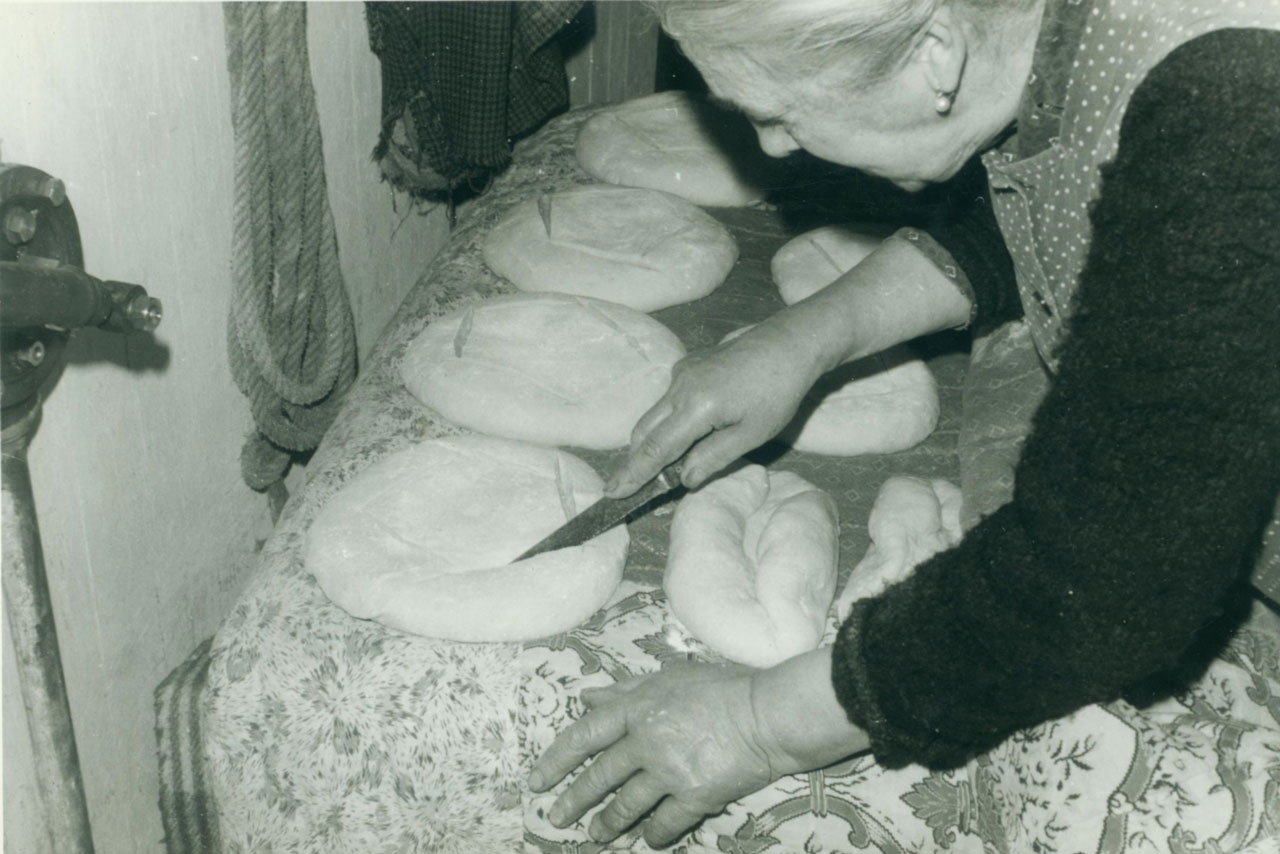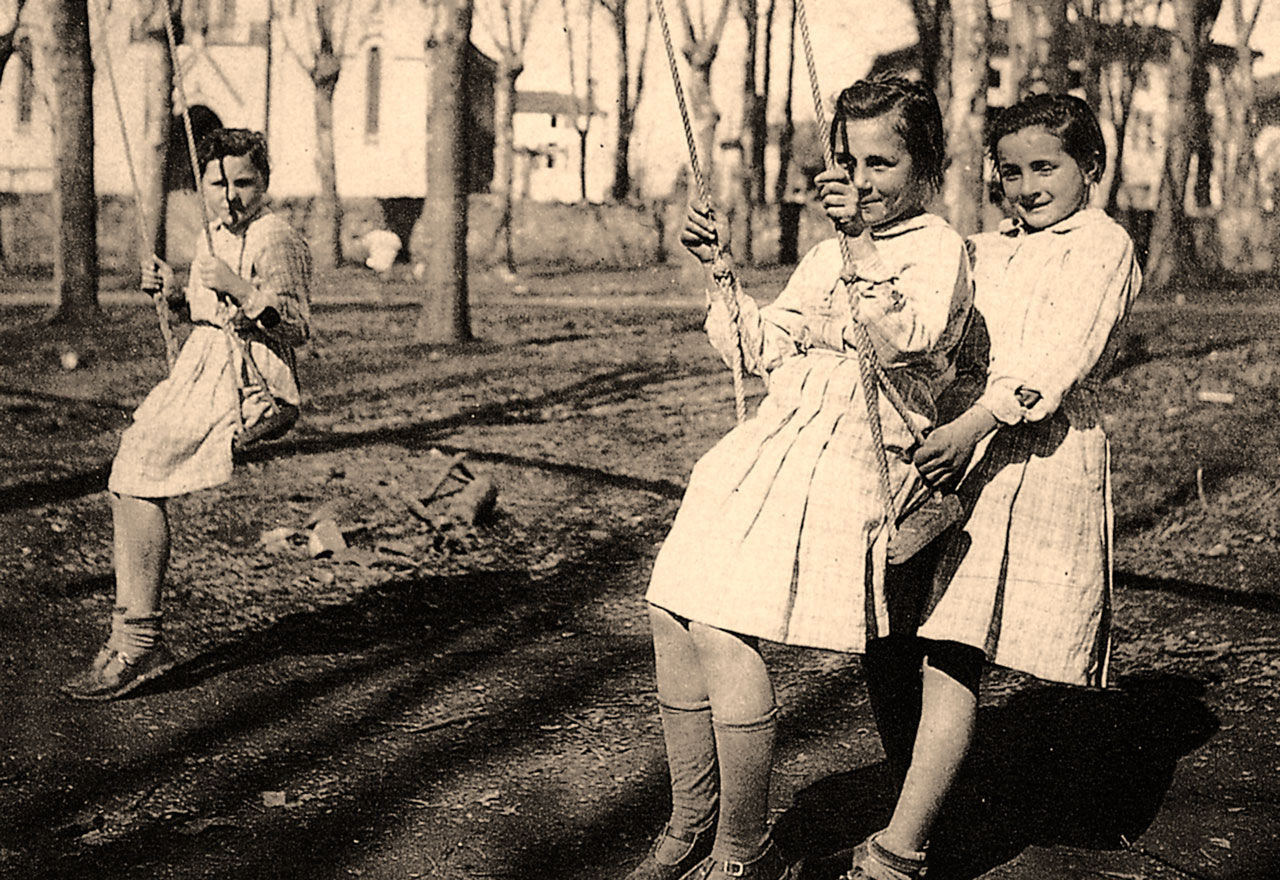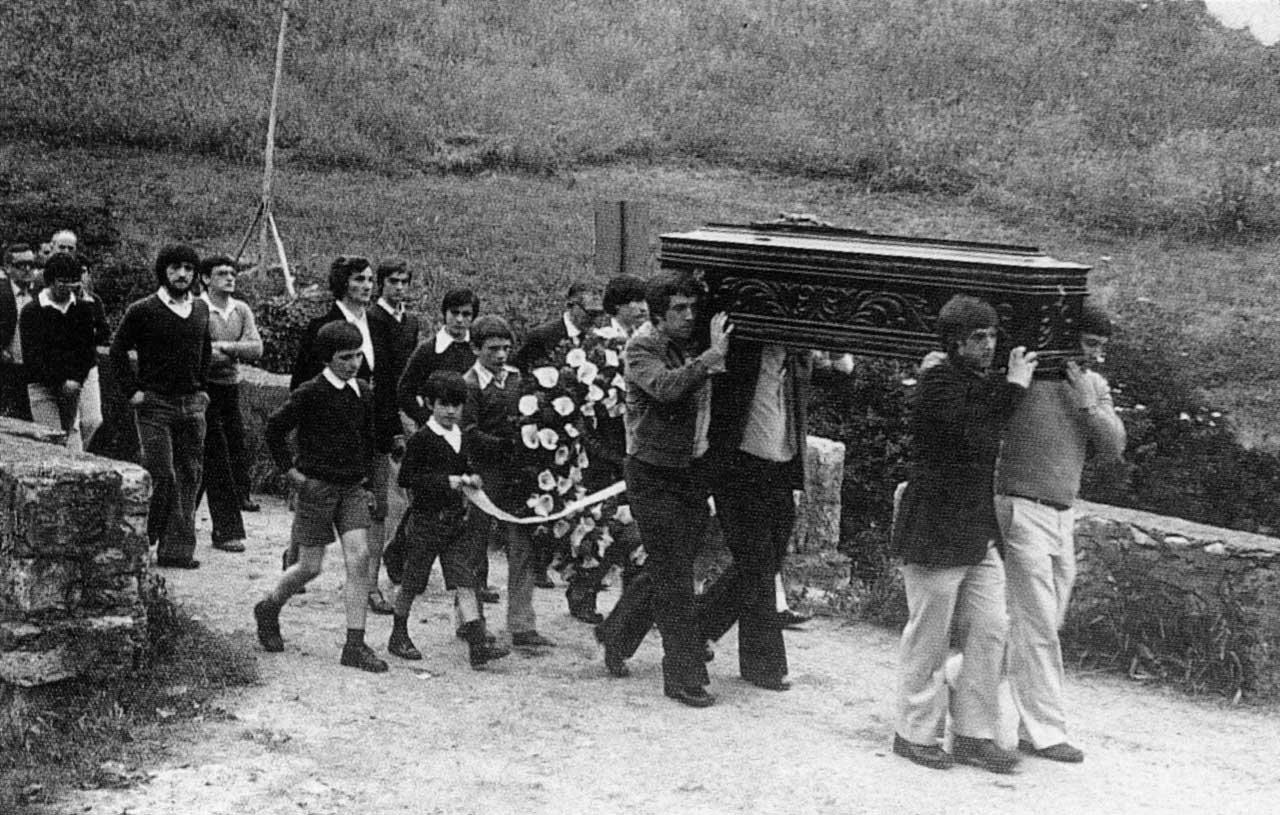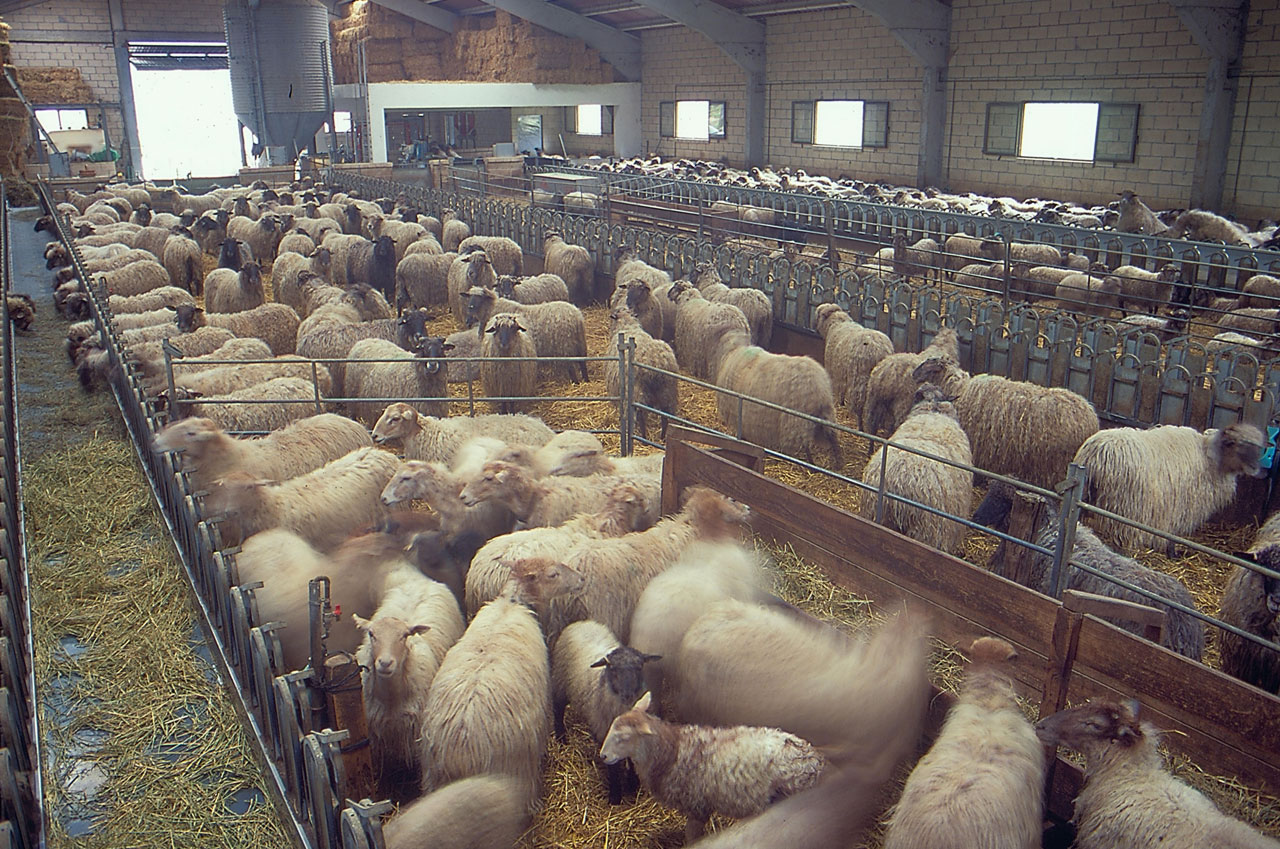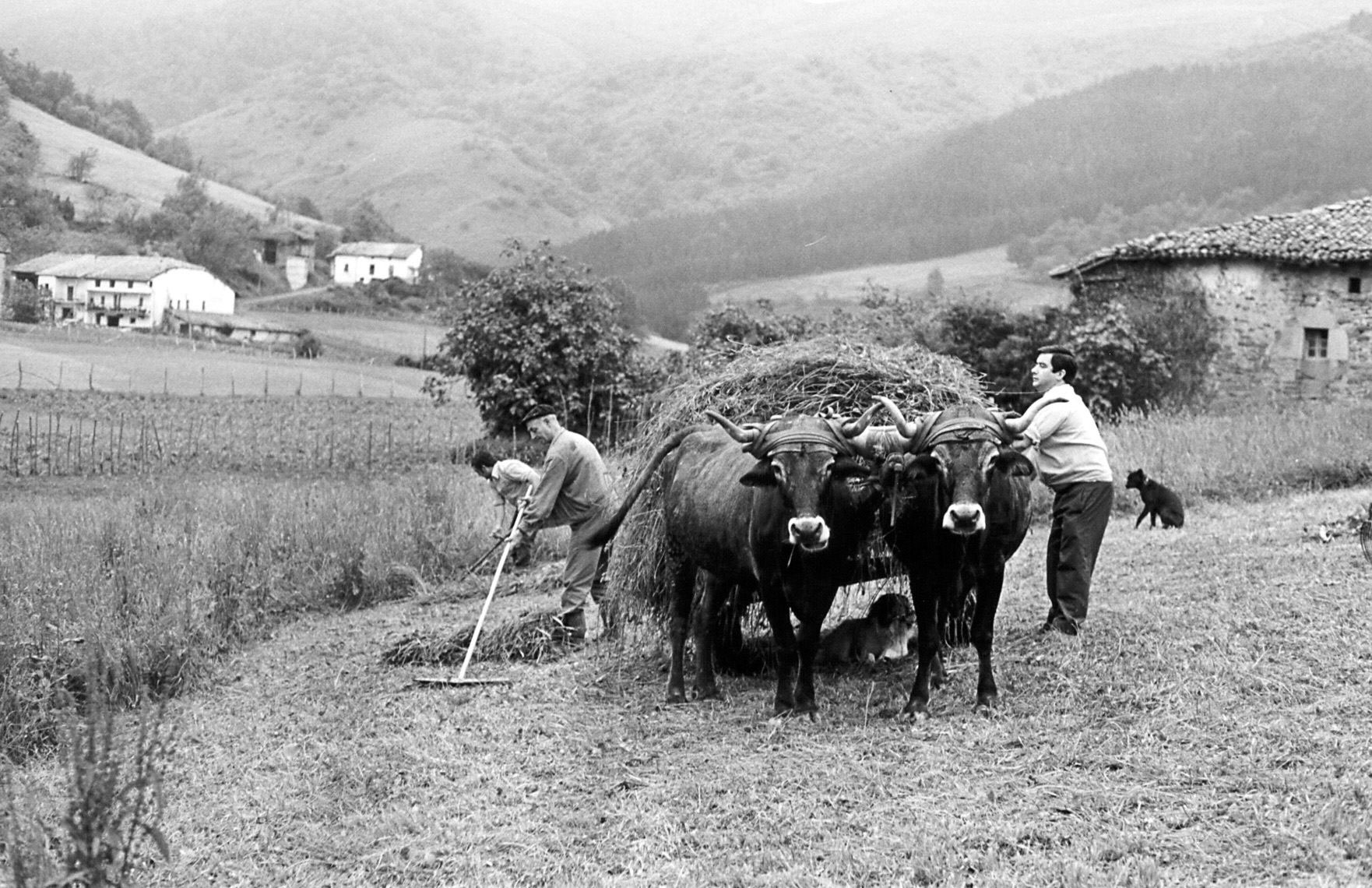Hearth, wood-burning stove and butane cooker. Neighbourhood of Aiuria (Muxika-B), 2011. Source: Segundo Oar-Arteta, Etniker Euskalerria Groups.
House and Family in the Basque Country


House and Family in the Basque Country
Etxe onak, txingar ona. A good fire in a good home.
Family Diet in the Basque Country


Family Diet in the Basque Country
Donde no hay ni pan ni pollos, el horno no está para bollos. If there’s no bread or chicken, you shouldn’t bake rolls.
Children’s Games in the Basque Country


Children’s Games in the Basque Country
Sirrin-sarran, domini pan, zure semea errotan, errota txiki, errota handi, eragin deutso, pin-pan.Children’s chant
Traditional Medicine in the Basque Country


Traditional Medicine in the Basque Country
Ona da ardaoa, kentzeko burutik beherakoa. Treat a cold with a hot toddy.
Nuclear family. Artea (B), c. 1930. Source: Labayru Fundazioa Photograhic Archive: Felipe Manterola Collection.
Rites from Birth to Marriage in the Basque Country


Rites from Birth to Marriage in the Basque Country
Any bachelor, or spinster, traditionally continued to be linked to the homestead and to be an integral part of the family.
Funeral Rites in the Basque Country


Funeral Rites in the Basque Country
Death was an event that usually occurred in the neighbourhood, a fact that meant the home of the deceased played a leading role.
Modern stable for sheep. Izurtza (B), 2000. Source: Labayru Fundazioa Photograhic Archive: José Ignacio García Muñoz.
Livestock Farming and Shepherding in the Basque Country


Livestock Farming and Shepherding in the Basque Country
The transformations that have taken place in the last few decades have fundamentally changed the world of livestock farming: no longer a way of life, it is now an economic activity.
Agriculture in the Basque Country


Agriculture in the Basque Country
That traditional agricultural knowledge came from the deep-rooted bond established with the land. Self-sufficiency entailed deep respect for the land, as their very livelihood depended on it.
,-2011.jpg)
